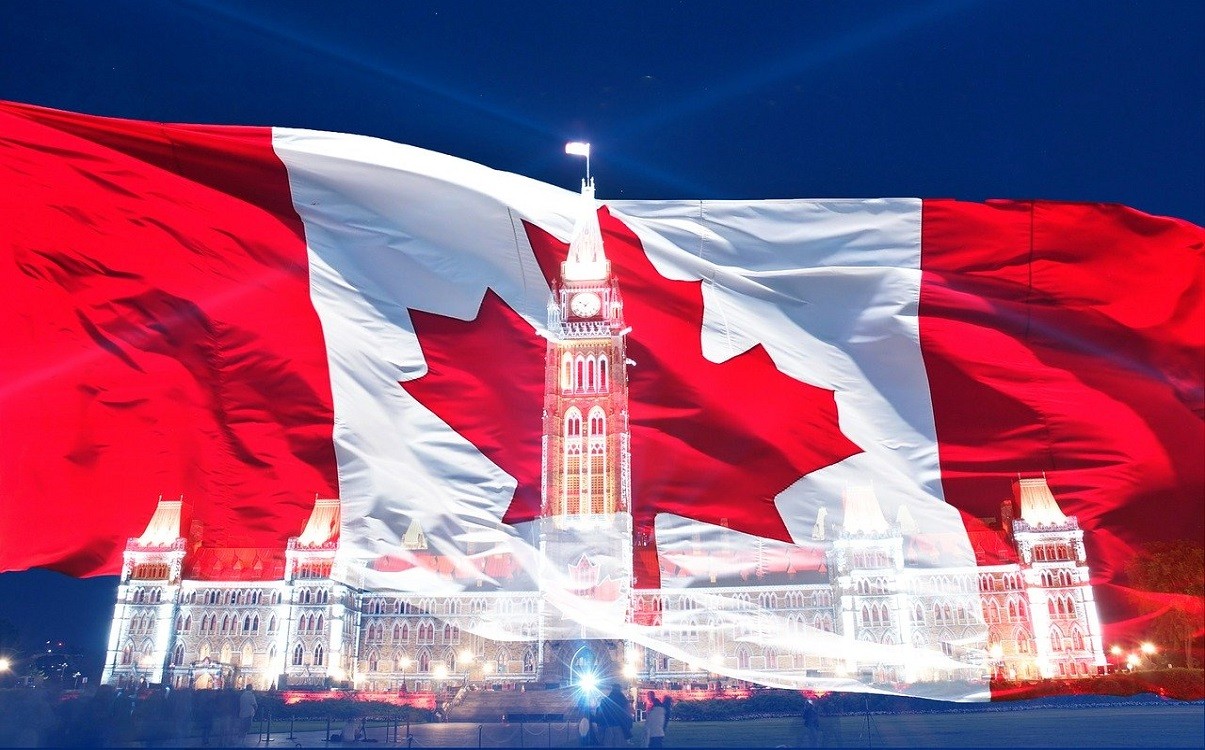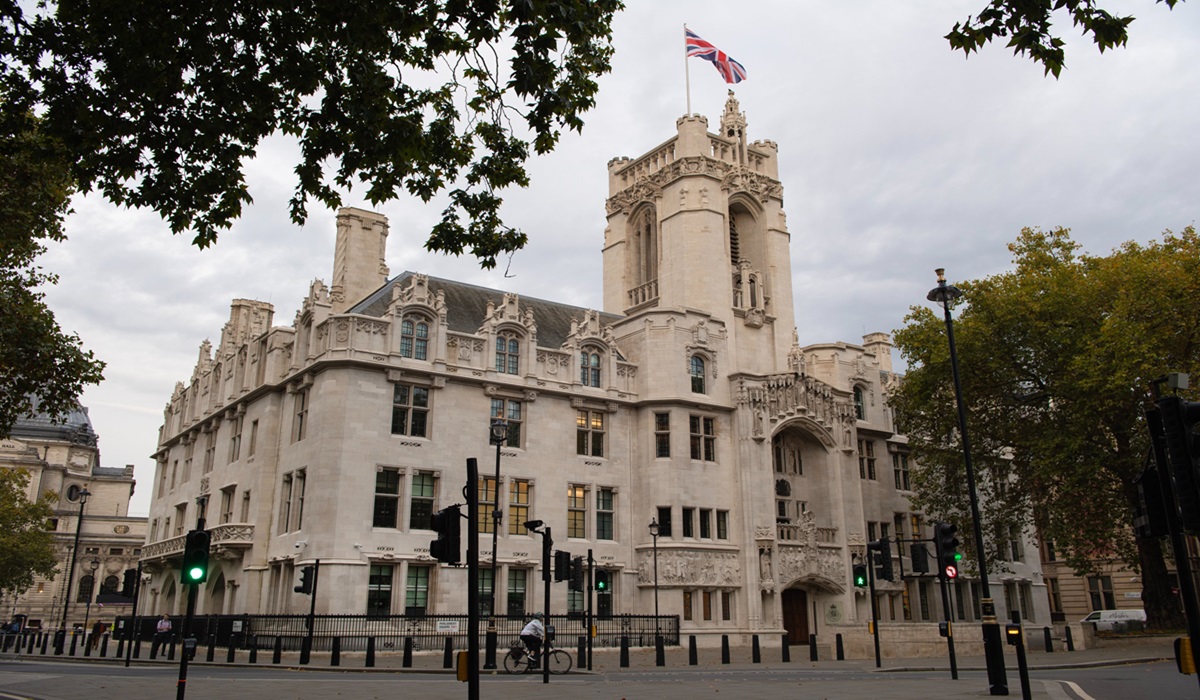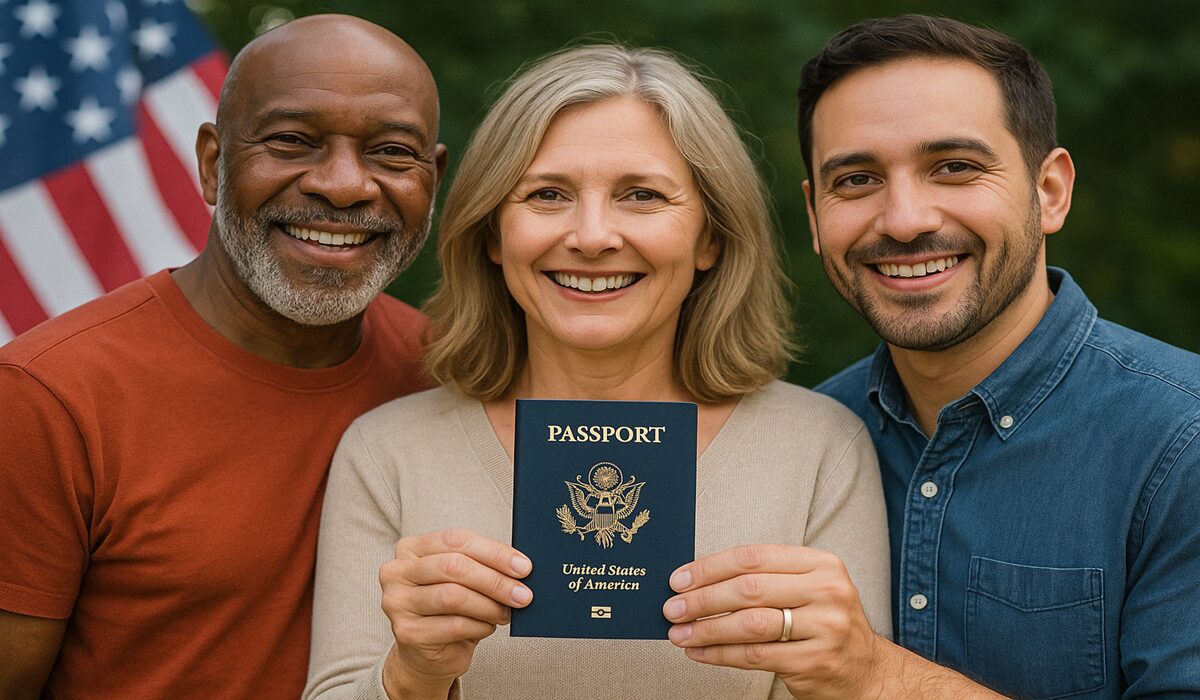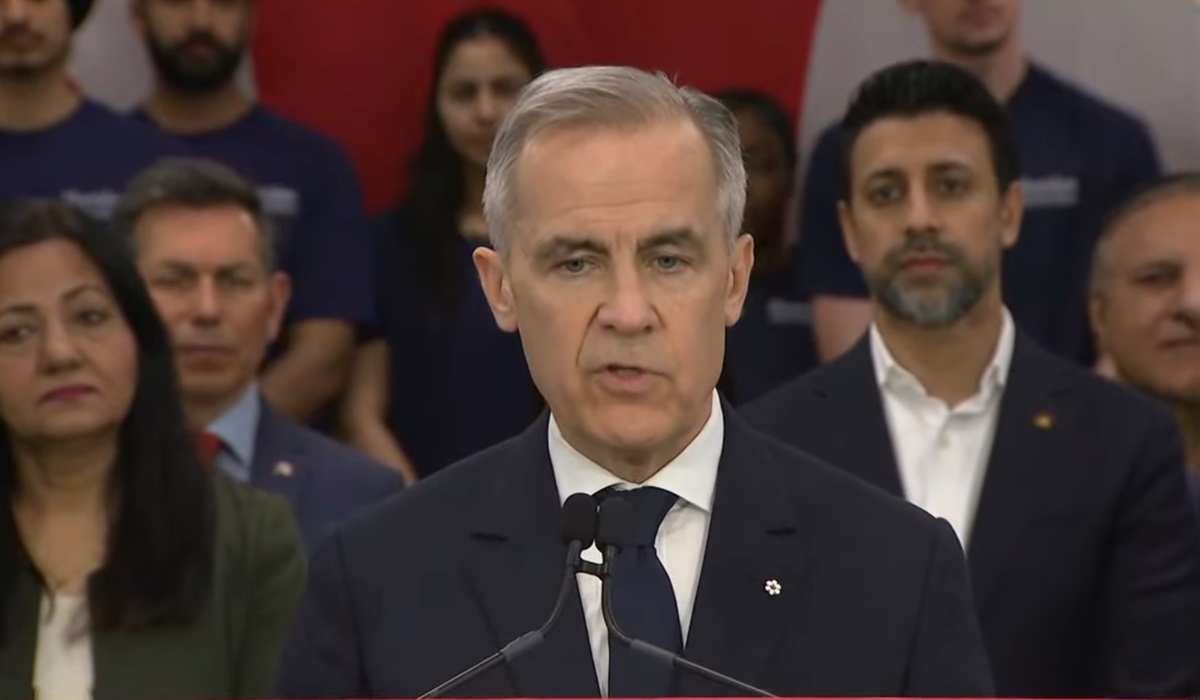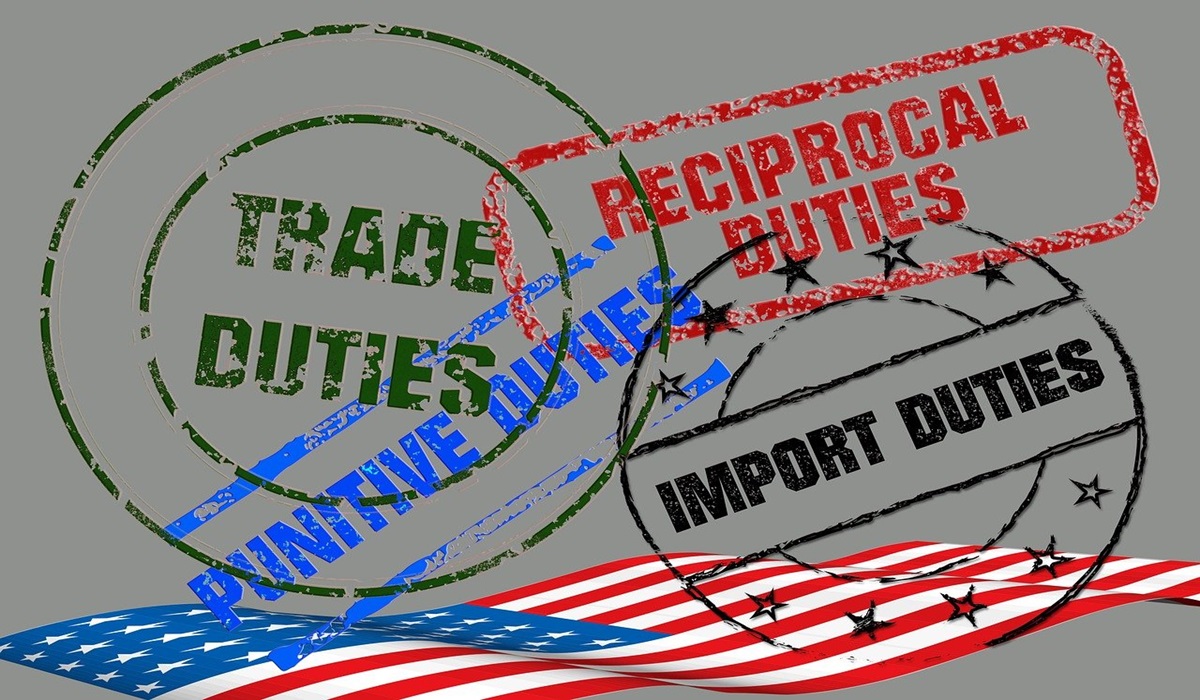Happy 153rd Birthday Canada
Canada Day (French: Fête du Canada) is the national day of Canada. A federal statutory holiday, it celebrates the anniversary of July 1, 1867, the effective date of the Constitution Act, 1867 (then called the British North America Act, 1867), which united the three separate colonies of the Province of Canada, Nova Scotia, and New Brunswick into a single Dominion within the British Empire called Canada. Originally called Dominion Day (French: Le Jour de la Confédération), the holiday was renamed in 1982, the year in which the Canadian Constitution was patriated by the Canada Act 1982. Canada Day celebrations take place throughout the country, as well as in various locations around the world, attended by Canadians living abroad.
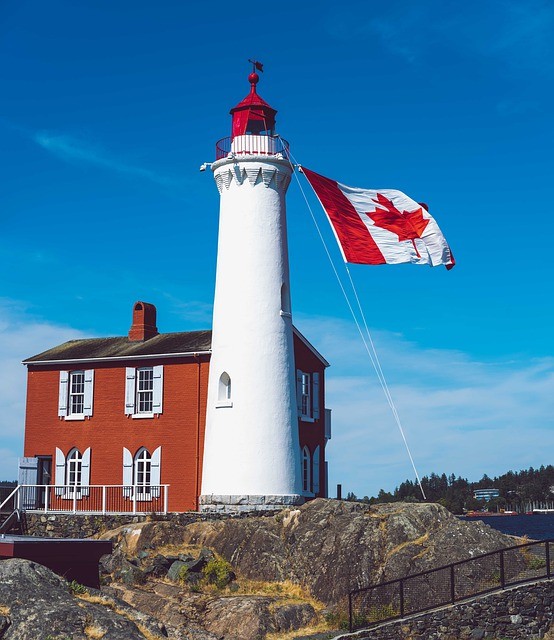
The History – The enactment of the British North America Act, 1867 (today called the Constitution Act, 1867), which confederated Canada, was celebrated on July 1, 1867, with the ringing of the bells at the Cathedral Church of St. James in Toronto and “bonfires, fireworks and illuminations, excursions, military displays and musical and other entertainments”, as described in contemporary accounts.
On June 20 of the following year, Governor General the Viscount Monck issued a royal proclamation asking for Canadians to celebrate the anniversary of Confederation, However, the holiday was not established statutorily until May 15, 1879, when it was designated as Dominion Day, alluding to the reference in the British North America Act to the country as a dominion. The holiday was initially not dominant in the national calendar; any celebrations were mounted by local communities and the governor general hosted a party at Rideau Hall. No larger celebrations were held until 1917 and then none again for a further decade—the gold and diamond anniversaries of Confederation, respectively.
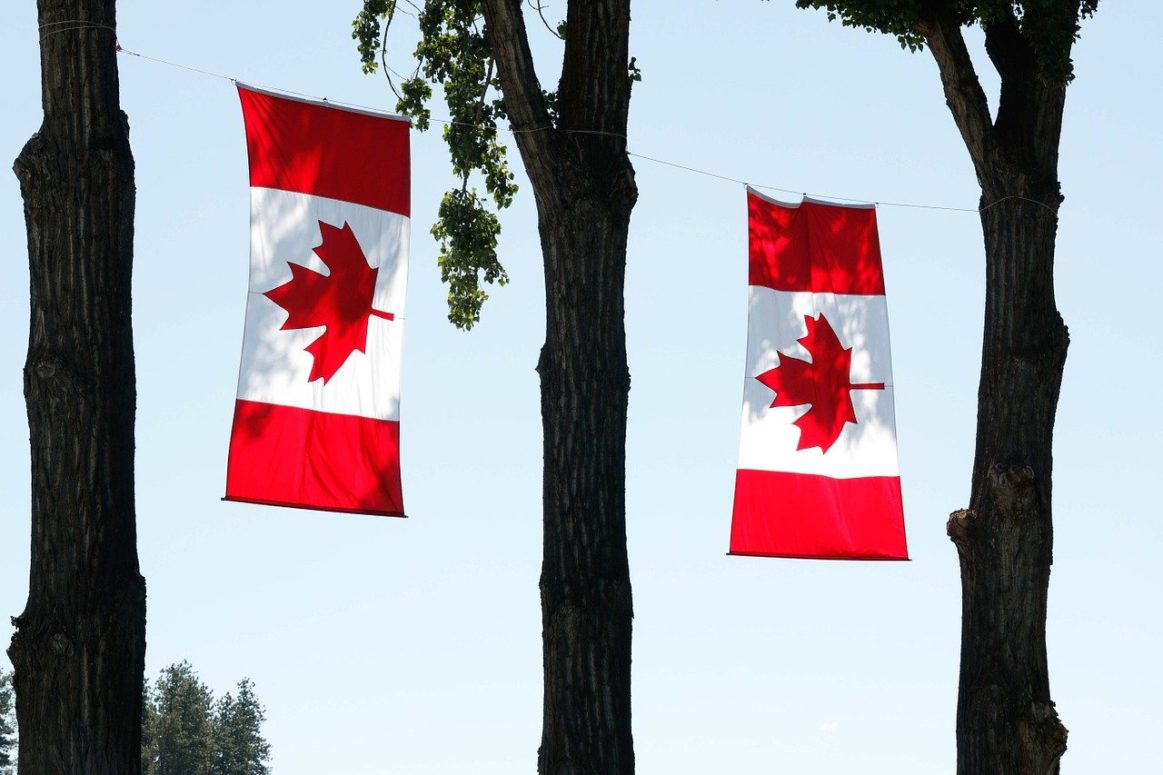
The holiday was officially renamed as a result of a private member’s bill that was passed through the House of Commons on July 9, 1982, two years after its first reading. Only 12 Members of Parliament were present when the bill was taken up again, eight fewer than the necessary quorum; however, according to parliamentary rules, the quorum is enforceable only at the start of a sitting or when a member calls attention to it.
The group passed the bill in five minutes, without debate, inspiring “grumblings about the underhandedness of the process”. It met with stronger resistance in the Senate. Ernest Manning argued that the rationale for the change was based on a misperception of the name and George McIlraith did not agree with the manner in which the bill was passed, urging the government to proceed in a more “dignified way”. However, the Senate did eventually pass the bill, regardless. With the granting of Royal Assent, the holiday’s name was officially changed to Canada Day on October 27, 1982. Wiki

